What Are WordPress Custom Post Types
WordPress comes equipped with a few standard content types—Posts, Pages, Attachments, and some internal types like Revisions and Menus. These default post types are designed to cover the most common needs of a basic website. However, many websites require more specialized content structures that go beyond blog posts or static pages.
That’s where Custom Post Types (CPTs) come into play. A custom post type is a tailor-made content type that functions much like a regular post or page but is designed to fit a specific purpose. Whether you’re building a property listing website, a recipe collection, an event calendar, or a product catalog, custom post types allow you to create and manage content that matches your site’s unique needs.
What Can You Do With Custom Post Types
With custom post types, you can define your own fields, taxonomies, and admin interface. For example:
- A “Recipe” CPT could include fields such as Ingredients, Cooking Time, and Difficulty.
- A “Portfolio” CPT might have fields like Client Name, Project Description, and Image Gallery.
- A “Job Listing” CPT could hold data like Job Title, Location, Salary, and Application Instructions.
Not only do custom post types improve how content is organized and displayed, but they also enhance your site’s usability and SEO. By creating distinct sections in the WordPress dashboard for different content types, CPTs make content management more intuitive and user-friendly.
Many people in the WordPress community often confuse ACF (Advanced Custom Fields) with custom post types or use the terms interchangeably. This confusion happens because ACF frequently works alongside CPTs and has become one of the most popular plugins for extending them.
For example, you might hear someone mention:
- ACF Slider – a custom post type for image sliders enhanced with custom fields via ACF.
- ACF Custom Post – a general reference to a CPT that uses ACF fields for additional data.
- ACF Testimonials – a testimonial post type structured with custom ACF fields like author name, quote, and company.
In practice, ACF and custom post types are a powerful duo for building dynamic, structured content in WordPress without writing complex code.
This article briefly introduces the top and most popular plugins for working with Custom Post Types.
Advanced Custom Fields (ACF)
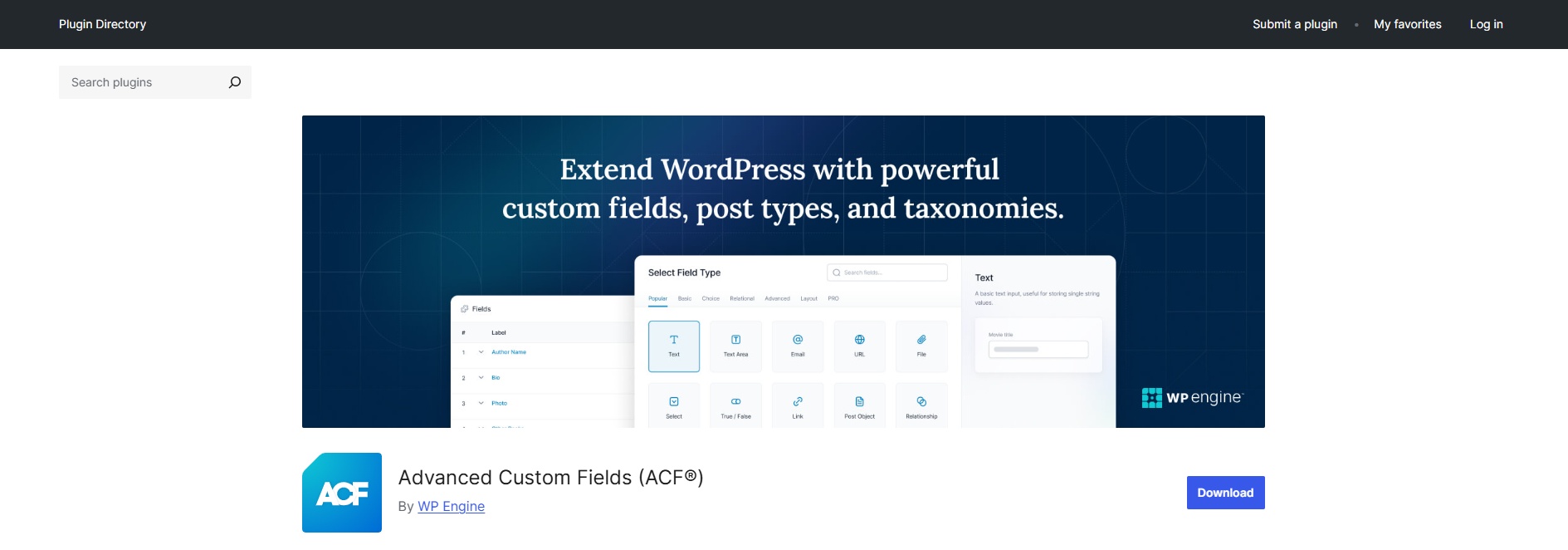
Advanced Custom Fields (ACF) is a popular WordPress plugin that makes it easy to add custom fields and, more recently, custom post types (CPTs) to your site without needing extra tools. After its acquisition by WP Engine, ACF introduced built-in CPT support along with a refreshed interface. With over 30 field types available, it lets users place custom fields across posts, pages, users, media, and more. Its user-friendly design, support for conditional logic, and compatibility with most themes and plugins have made it a go-to choice for developers and content creators looking to build flexible, structured websites.
Custom Post Type UI (CPT UI)
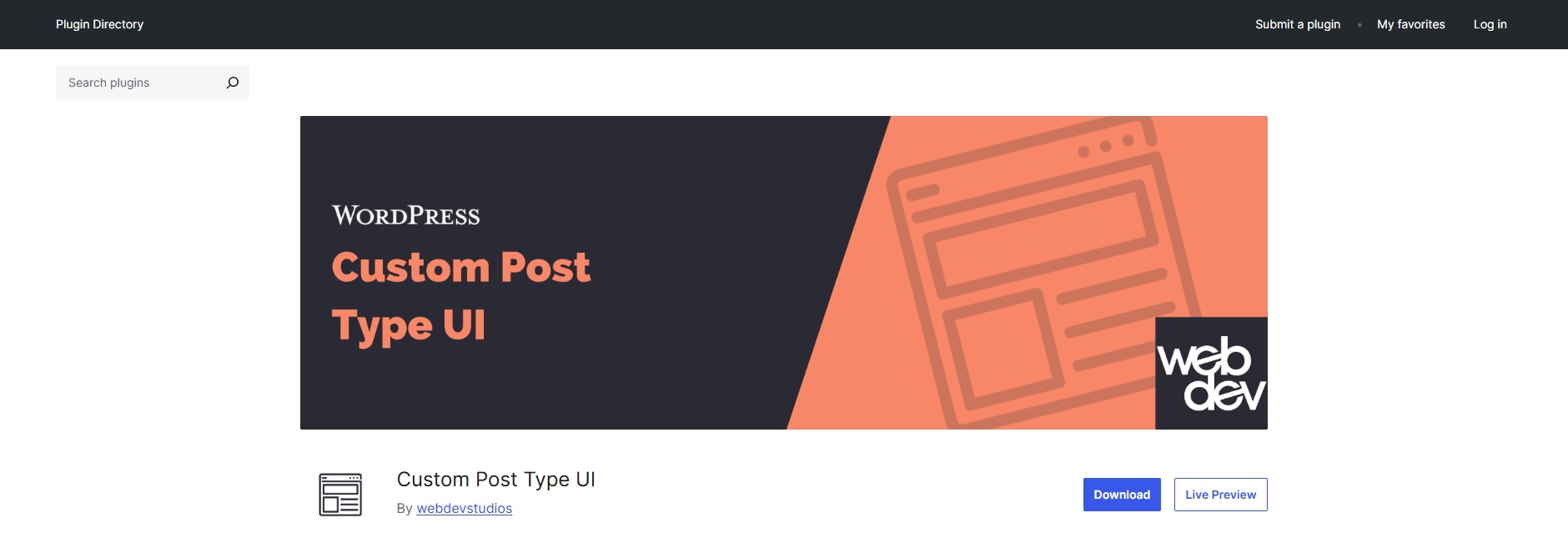
Custom Post Type UI is a widely used and reliable WordPress plugin designed to help users create and manage custom post types and taxonomies through a clean and intuitive interface. It simplifies the process of setting up new content structures, making it accessible even to those without coding experience. Originally popular for its compatibility with ACF—especially at a time when ACF lacked native support for editing post types—this plugin has maintained its reputation for being a practical and efficient solution. It also offers import and export functionality, allowing users to transfer custom post types across different websites, which is particularly useful for managing content at scale. Thanks to its user-friendly design and flexible features, Custom Post Type UI remains a top choice for WordPress users looking to extend their site’s content organization capabilities.
Pods – Custom Content Types and Fields
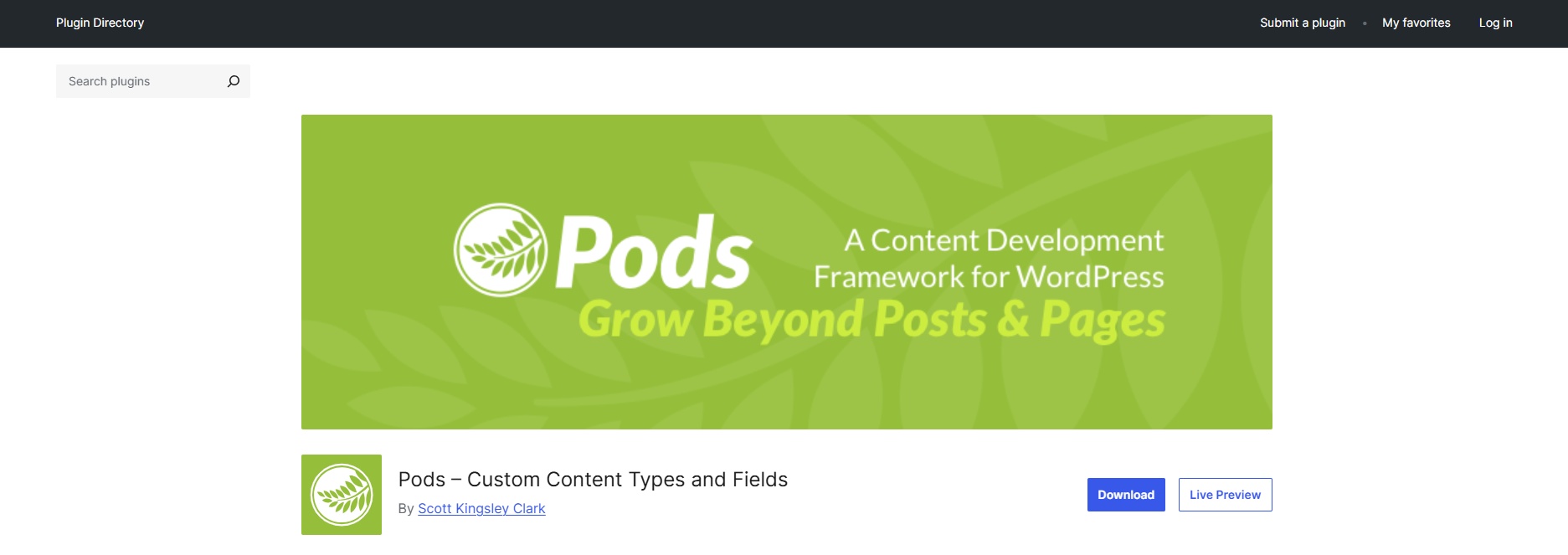
Pods is a flexible and developer-focused WordPress plugin that goes far beyond simply creating custom post types. As a complete content framework, it allows users to build and manage custom post types, taxonomies, fields, user roles, and relationships—all within a unified interface. Its templating capabilities and shortcode support make it easy to display custom content without needing additional page builders. What sets Pods apart is its modular structure and advanced features, such as storing data in separate database tables for performance optimization and linking complex relationships across post types, users, or even external database objects. While it offers extensive functionality, the plugin is more suited to experienced users due to its steeper learning curve and somewhat cluttered interface.
Meta Box

Meta Box is a powerful and modular WordPress plugin designed for developers who want to create highly customized websites using custom fields, post types, and taxonomies. Although Meta Box includes a free version, users unlock its full potential by upgrading to the Pro extensions, which offer advanced tools for building dynamic content structures. Despite the developers’ claims of beginner-friendliness, the plugin primarily serves users with coding experience. Features like exporting CPTs as PHP, integrating with Twig, or working with custom database tables require custom code to use effectively. Meta Box supports over 40 custom field types and integrates with popular builders like Elementor and Beaver Builder, offering flexibility and performance in one lightweight package. Its modular system allows users to activate only the needed components, making it an efficient solution for developers building scalable and tailored WordPress projects.
JetEngine
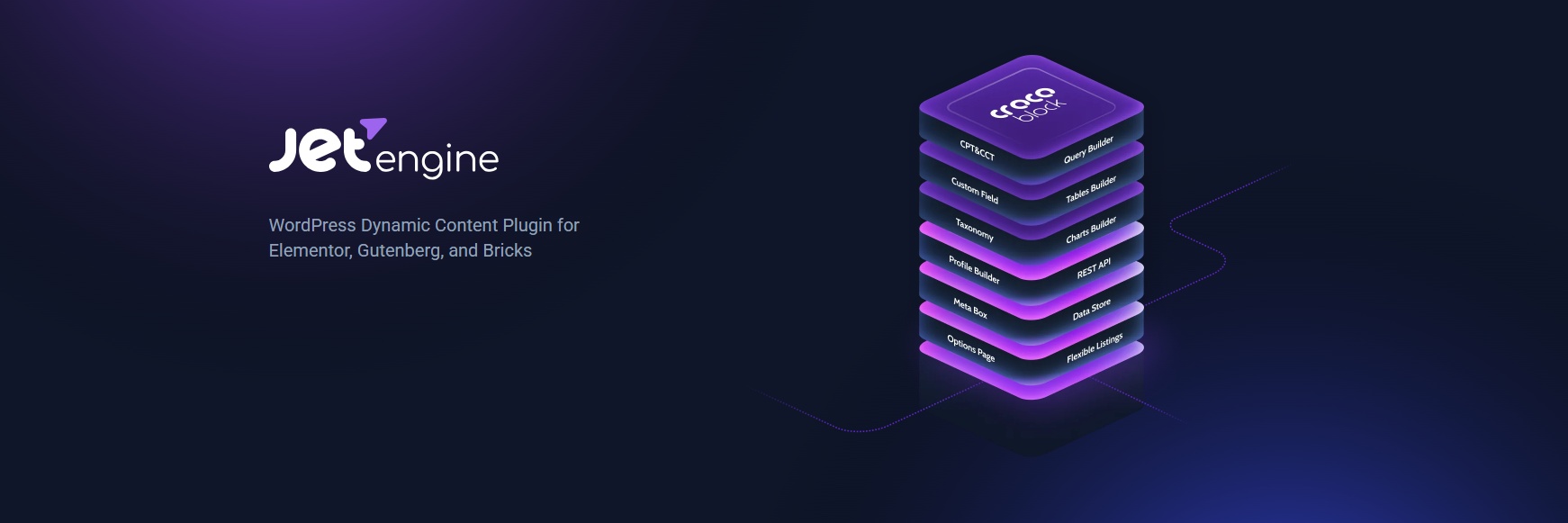
JetEngine is an all-in-one solution for building dynamic, database-driven WordPress websites that go far beyond just registering custom post types. Designed with flexibility and scalability in mind, it offers an extensive suite of tools for creating CPTs, custom fields, taxonomies, and more—all from a single, intuitive interface.
Unlike more minimal plugins, JetEngine includes advanced modules. It support for Custom Content Types (CCTs) that operate outside the standard WordPress tables, and seamless integration with builders like Elementor, Gutenberg, and Bricks. It’s fully compatible with other plugins like ACF, Pods, and CPT UI, making it ideal for projects that require advanced structure without custom coding.


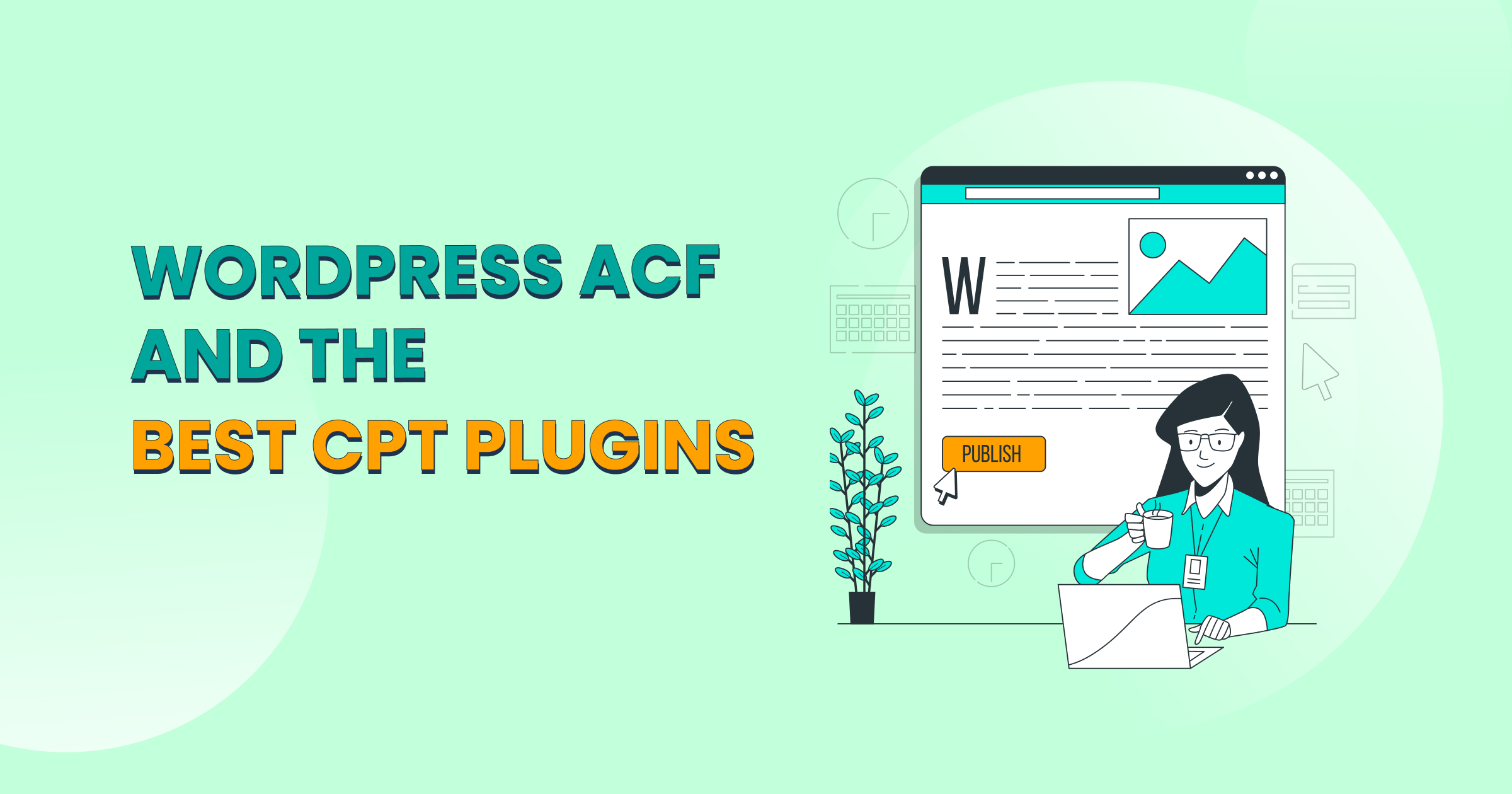

Add a Comment
You must be logged in to post a comment